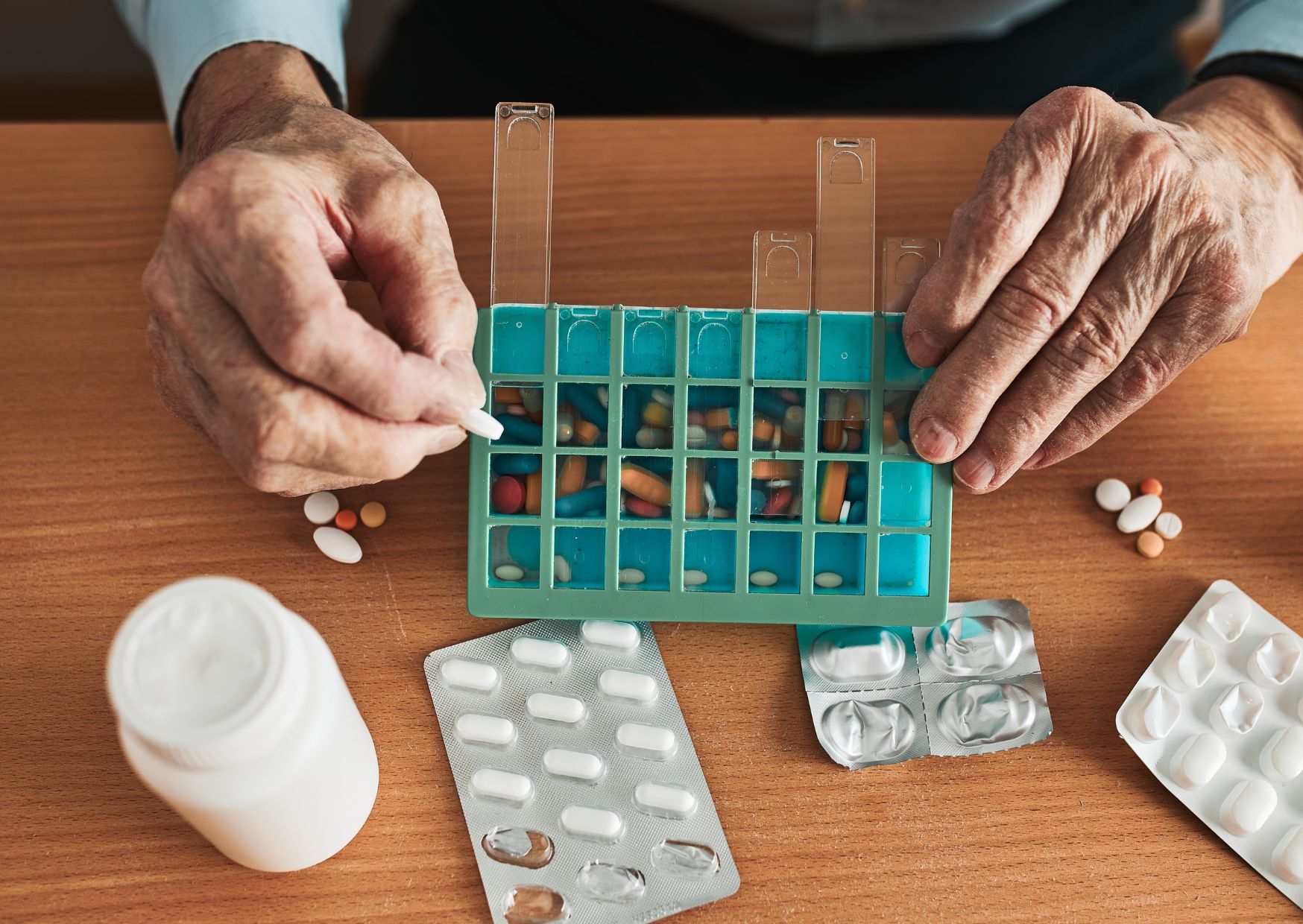Dose Or Dosage

The terms “dose” and “dosage” are often used interchangeably in medical and pharmaceutical contexts, but there is a subtle distinction between them. Understanding the difference is crucial for ensuring accurate communication among healthcare professionals, patients, and researchers. In this article, we will delve into the definitions, usage, and implications of “dose” and “dosage” to provide clarity on their applications.
Definition of Dose
A dose refers to the specific amount of a drug or substance administered to a patient at one time. It is a quantifiable measure, usually expressed in units such as milligrams (mg), grams (g), or International Units (IU), and it represents the total amount of the active ingredient that the patient receives in a single administration. The dose can vary depending on the condition being treated, the patient’s age, weight, and other factors such as renal or hepatic function.
Definition of Dosage
Dosage, on the other hand, encompasses not just the amount of drug given (the dose) but also the frequency and duration of administration. It is essentially the regimen or schedule according to which the drug is taken. Dosage instructions might include how many times a day the medication should be taken, the optimal time of day for administration (e.g., with or without food), and how long the treatment should last. The dosage is crucial for maximizing the therapeutic effect of the medication while minimizing potential side effects.
Practical Applications and Implications
In clinical practice, understanding the difference between dose and dosage is vital for patient safety and treatment efficacy. For example, a patient might be prescribed a certain dose of an antibiotic, but the dosage instructions (how often to take the antibiotic and for how long) are just as critical for effectively eradicating the infection without causing unnecessary side effects.
Furthermore, in drug development and clinical trials, both dose and dosage are carefully considered. Researchers must determine the optimal dose that provides the desired therapeutic effect with minimal toxicity. They also need to establish the best dosage regimen to ensure that the drug maintains its effectiveness over time without causing undue burden or risk to the patient.
Comparative Analysis: Dose vs. Dosage
To further clarify the distinction, let’s compare the concepts of dose and dosage directly:
- Dose is about the quantity of the drug given at one time.
- Dosage is about the entire regimen, including how many doses are given, how often, and for how long.
Think of it like a recipe: the dose is the amount of an ingredient you add at one time (e.g., 2 teaspoons of sugar), while the dosage would be the full set of instructions on how to use that ingredient (e.g., add 2 teaspoons of sugar once daily for 7 days).
Historical Evolution of Drug Administration
The concept of dose and dosage has evolved significantly over time, influenced by advances in pharmacology, technology, and our understanding of human physiology. In the past, drugs were often administered based on rough estimates and empirical observations. Today, with the help of pharmacokinetics and pharmacodynamics, healthcare professionals can tailor drug regimens to individual patients with greater precision.
Future Trends in Personalized Medicine
The future of medicine, particularly personalized or precision medicine, will likely see even more refined approaches to dose and dosage. Genetic testing, for example, can help identify how an individual metabolizes certain drugs, allowing for custom-tailored dosages that maximize efficacy and safety. Additionally, technological innovations like smart pillboxes and mobile health applications can enhance adherence to prescribed dosages, potentially leading to better health outcomes.
Expert Insight
According to pharmacology experts, one of the challenges in optimizing dose and dosage regimens is the significant variability among individuals. Factors such as body weight, age, kidney function, and genetic predispositions can all influence how a drug is processed by the body. Advanced computational models and machine learning algorithms are being explored to predict optimal dosing strategies based on a patient’s unique characteristics.
Step-by-Step Guide to Understanding Your Medication
For patients, understanding their medication regimen, including both the dose and dosage, is essential. Here’s a simplified guide:
- Read the Label: Always read the medication label carefully. It will specify the dose (how much medication to take) and the dosage (how often and for how long to take it).
- Ask Questions: If you’re unsure about any part of your medication regimen, don’t hesitate to ask your doctor or pharmacist.
- Use a Pillbox or App: Consider using a pillbox or a medication reminder app to help you stick to your dosage schedule.
- Monitor Your Response: Keep track of how you’re feeling and any side effects. This information can be valuable for your healthcare provider in adjusting your dose or dosage.
FAQ Section
What is the primary difference between dose and dosage?
+The primary difference is that the dose refers to the amount of drug administered at one time, while the dosage includes the dose, frequency, and duration of administration.
Why is understanding dose and dosage important for patient safety?
+Understanding dose and dosage is crucial for maximizing the therapeutic effect of a medication while minimizing the risk of side effects and adverse reactions.
How are dose and dosage determined in clinical practice?
+Dose and dosage are determined based on various factors including the condition being treated, patient characteristics (such as age, weight, and renal function), and the pharmacokinetic and pharmacodynamic properties of the drug.
In conclusion, while the terms “dose” and “dosage” are related and often used in conjunction, they have distinct meanings within the context of pharmacology and medical treatment. The dose refers to the amount of a drug administered at one time, whereas the dosage encompasses the entire regimen, including frequency and duration. Understanding these concepts is fundamental for healthcare professionals, researchers, and patients alike, as it directly impacts the efficacy and safety of medical treatments. As medicine continues to evolve, particularly with advances in personalized medicine and technological innovations, the precision and customization of dose and dosage regimens will play an increasingly critical role in achieving optimal health outcomes.
